Name: Siri Johnson Majors: International Studies Hometown: Bethesda, Maryland Class: 23OX, 25C* *Class years are…
What’s New at Oxford
There’s never a dull moment on either of Emory University’s two campuses – Oxford College and Emory College. Over the next few weeks we will highlight unique places and people who make our campus community what it is – a vibrant, diverse, and FUN place to be!
Today, meet Oxford College’s Daniel Parson, a celebrated organic farmer who joined the Oxford staff just a year ago. While campus leadership had long held a vision for a campus farm, it wasn’t until 2011 that it became an option when the college inherited 11 acres near campus. Enter Daniel, who came with a desire to model sustainable farming techniques, support the local food community, and provide farm and sustainability education to students.
Sustainability is a big deal on both campuses, ranging from things like ground-breaking recycling efforts, a concerted effort to serve locally-sourced food in the dining halls, and building LEED certified buildings.
The grand opening for the Oxford Farm was this past fall, and Daniel and his team have not stopped since!
1. Since the “grand opening” this past fall, how have things been on the farm?
The ‘grand opening’, as it turns out, was perfectly timed for the moment when we had many things in place on the new farm. Attendees enjoyed the new barn, toured the planted fields, and saw the hoop house (which allows hardier crops to grow all winter) under construction. What folks may not have noticed was the well, irrigation system, and active marketing of produce. Except for a cold spell before Thanksgiving, we enjoyed nice growing weather until the first full week in January when weather in the low teens killed many crops (but not before offering a one-time veggie box to the public and harvesting for Lil’s – Oxford College’s dining hall).
2. The farm was certified just a few weeks ago as “organic” by the … What exactly does that mean for you and the farm?
Organic certification was taken over by the USDA National Organic Program (NOP) in the early 2000’s, and the agency accredits private firms who actually do the certification. We applied for certification back in the summer by submitting our Organic System Plan, which includes any materials we are using and our plans for crop planting, insect control, weed management, and every other aspect of production and marketing. They reviewed the plan for compliance with NOP standards and asked us for additional information. Once they were satisfied that we complied ‘on paper’, they sent an inspector out to look at all aspects of the farm and make sure it matched up with our written plan.
Within a couple weeks of the inspection, we were notified that we had passed and can now sell our vegetables with the organic label! Certification is required if your organic sales are above $5000/year, or if you want to use the USDA seal on your products. Georgia Organics, a statewide non-profit supporting farmers, is campaigning to get 100 farms certified organic in Georgia, and we are one of the first to since they launched the campaign in December.
3. What are you gearing up to plant this spring?
We are planning the full season right now, so in a way we are gearing up for planting everything. For spring the focus is on direct-seeded crops like carrots, beets, turnips, and arugula; and transplant crops like collards, kale, broccoli, and cabbage. The transplants get seeded around the first of February and field planting gets underway in March.
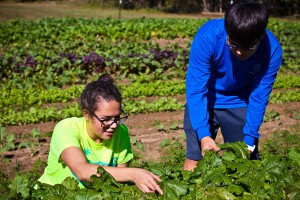 4. How are students involved in the farm this semester?
4. How are students involved in the farm this semester?
Students are directly involved in the farm through work-study, classes that require volunteer time, class meetings at the farm, and research projects. I get to bring the farm to Atlanta by participating in the Emory Farmers’ Market and classes at the Emory College campus. All students are indirectly involved as consumers of our produce at Lil’s and the DUC (Emory College’s dining hall).
5. What happens to the farm over the summer? Are students still around to help out?
Summer is a great time to produce delicious high-value crops like tomatoes, cucumbers, squash, and peppers. We couldn’t sit out such an excellent season, so we have summer internship opportunities for selected students to help.
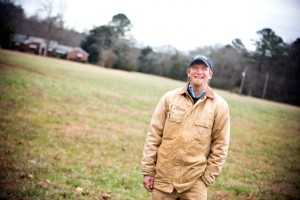 6. What are the farm plans for fall 2015 and beyond?
6. What are the farm plans for fall 2015 and beyond?
With farming, each year I try to do more of what works well and less of what doesn’t. As the farm gets established, I see more community involvement opportunities. This involves creating opportunities for community members to come to the farm and for our students to get involved with the local food community.
7. As an educator, can you share about a highlight for you from this year?
What excites me the most about education on the farm is the diversity of disciplines that can take advantage of the farm setting. The fact that economics, chemistry, biology, sociology, and philosophy can all engage in meaningful ways confirms, for me, the importance of creating an organic farm within the liberal arts intensive educational program at Oxford College.
Want to learn more? Check out the Oxford farm and Daniel Parsons.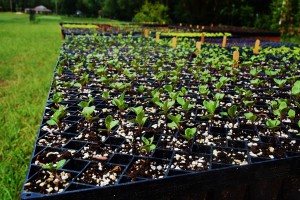
Don’t hesitate to connect with us by posting a comment to this blog, tweeting us @emoryadmission, or emailing us at admission@emory.edu. We look forward to hearing from you!
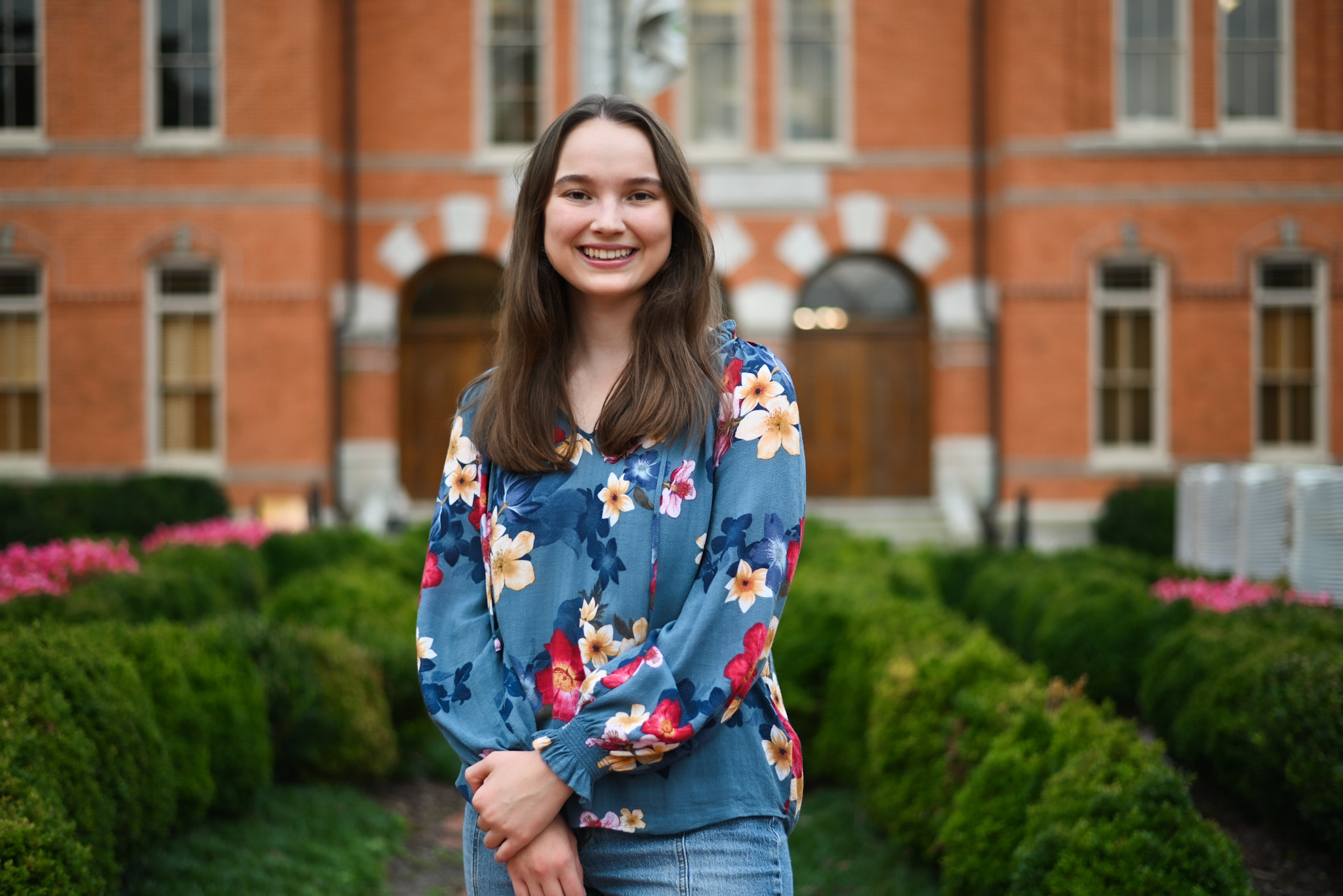

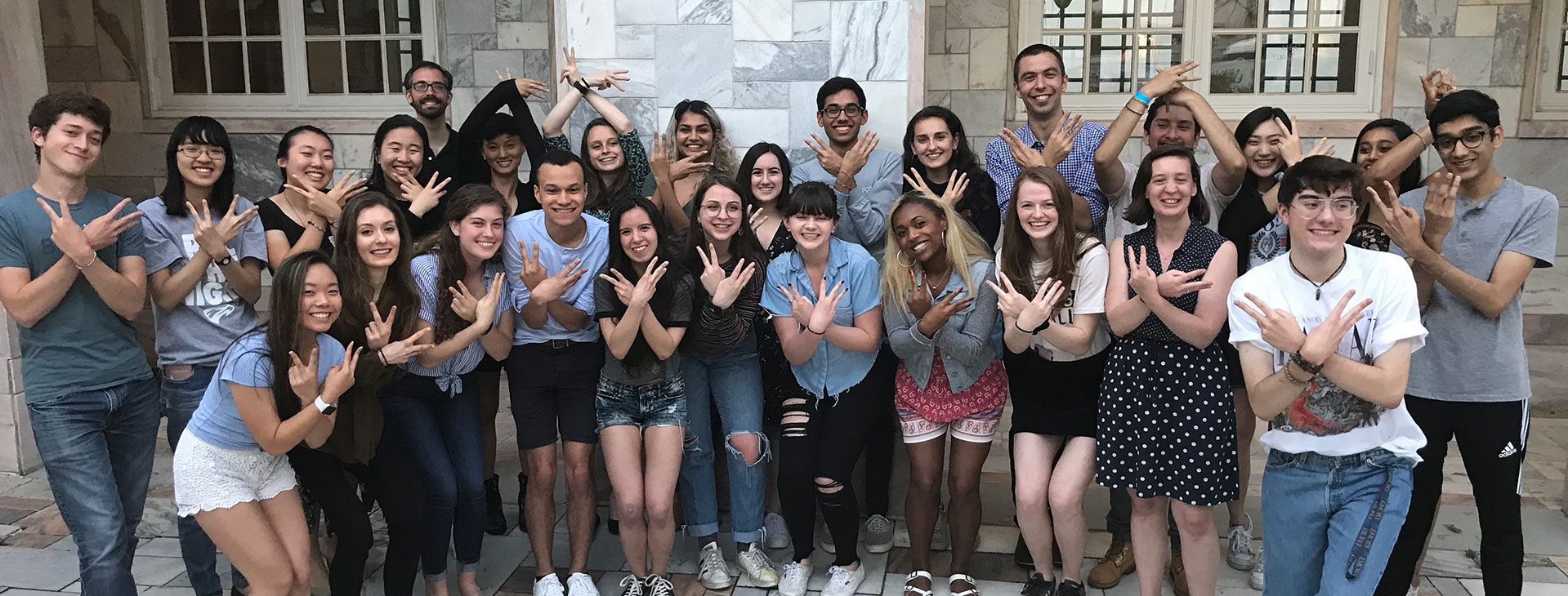
This Post Has 0 Comments